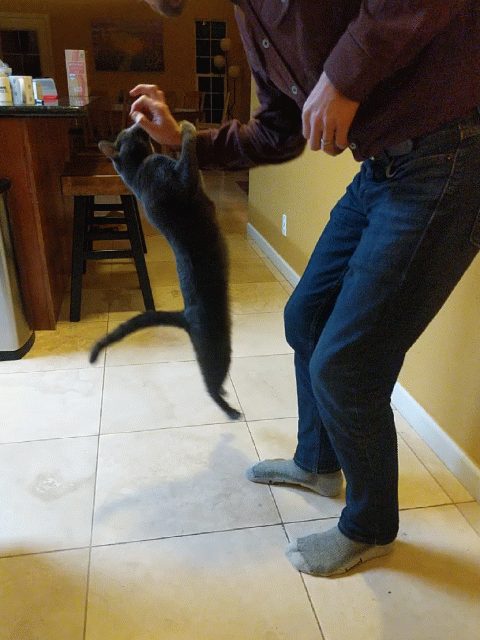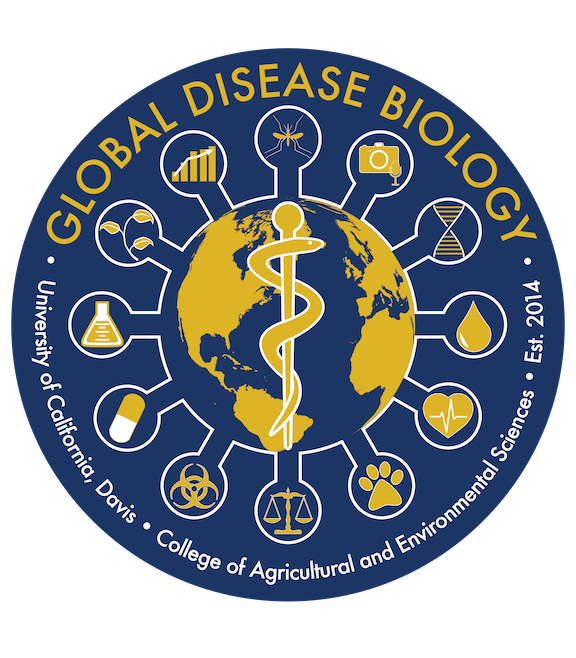Professor Spotlight, Summer 2021: Tiffany Lowe-Power
Dr. Tiffany Lowe-Power is a professor of the Plant Pathology department at UC Davis. In her lab, Dr. Lowe-Power studies plant bacteriology, especially the plant pathogen Ralstonia solanacearum adapts to, survives in, and causes disease in host plants.
How did you decide to study Plant Pathology/Bacterial Plant Pathogens?
My high school biology teacher, Sam Parks, had an M.S. in environmental microbiology. I loved how she taught microbiology with a passion—she even had us perform a classic environmental microbiology experiment (Winogradsky columns—look up a tutorial online). Wanting to learn everything about microbes led me to get a B.S. in Biology at Georgia Tech and apply for a PhD in Microbiology at the University of Wisconsin.
From there, I stumbled into plant pathology. I first joined a lab that focused on protein trafficking between organelles of a single celled eukaryotic parasite (Trypanosoma brucei brucei, which causes Nagana disease of cattle. Its cousin species causes a fatal Sleeping Sickness in humans). Just after I made my first discoveries on my Trypanosome project, my PhD advisor announced that he was moving his lab to University of Buffalo. This was a very unsettling time for me—do I follow the project or stay in Madison, WI with my partner and with the graduate student friends I had made? Ultimately I decided to stay, so I needed to find a new lab.
I became interested in a plant pathology lab run by Dr. Caitilyn Allen. I had been captivated by a research talk by a graduate student in the Allen lab (Beth) who was studying how bacteria “breath” when they are inside plants. Beth’s talk was eye-opening for me. Before her talk, I believed a biased opinion from one of my previous mentors: “plants are boring and difficult”. In Dr. Caitilyn Allen’s lab, I loved working with Ralstonia bacteria, which cause bacterial wilt of tomato. These bacteria clog the xylem vessels, so they cause the plant version of a heart attack. The wilted tomato plants have a droopy “sad puppy dog”-like appearance that is very endearing. (video: https://vimeo.com/74855449)
During my PhD, I also gained a strong appreciation for the field of plant pathology. It is a uniquely interdisciplinary field: the plant diagnosticians, plant disease epidemiologists, translational/field researchers, and basic researchers (me!) congregate in a single department. In contrast, less interaction between medical doctors, epidemiologists, and basic researchers. This connection provides more opportunities for my lab to translate our basic research into methods to improve food security and agricultural biosecurity.
How have your past experiences prepared you for working at UC Davis/ Did you have any other jobs?
I started at UC Davis as a professor in July 2019, and I taught my first class in Fall 2020 (PLP120 with the remarkable Dr. Sara Dye). So, there have been a lot of challenges.
I worked towards my PhD for 6-7 years during my 20s. Many of the technical skills prepared me for being a professor although now I use Excel to design rubrics and plan budgets more than for analyzing experimental data. However, I learned a lot about professionalism by growing up with my peers. We would share life experiences, critique “the system”, and seek advice on dealing with interpersonal conflict.
Being a professor is surprisingly similar to running a small business. Listening to podcasts where journalists tried to start podcasts businesses is very similar to starting up a lab at a research university like UC Davis (Start-Up and Zigzag podcasts)
What do you love about teaching at UC Davis?
Silly answer: being able to wear slippers to deliver my first college classes in Fall 2020.
Serious answer: I have been blown away by UC Davis students. My lab has mentored several undergraduate researchers. In the Zoom era, I’ve mentored Jason Avalos, Maria Charco Munoz, Kyle Chipman, and Grace Lankford on literature analyses of bacterial diseases of plants and humans. My PhD student Stratton has mentored Elva Xian on understanding the mechanisms of inter-microbial warfare. This summer, we are excited to have postdoc Brian mentor undergrad Hang Le on a project that will study how bacteria evolve during years of starvation.
Besides being a professor, what are some outside hobbies that you enjoy right now?
I am a cat lady. During the pandemic I have had a lot of long conversations with Pocket (chonky black cat) and Blazer (oddly floppy grey cat).
I have spent a lot of time in my yard during the last year. To deal with the stress/anxiety of the pandemic, I spent a lot of time weeding my yard. The previous owner of our house was an agronomist who had set up an orchard of over a dozen fruit trees. Fruit trees require year-round maintenance: Copper application in Fall/Winter, pruning in winter, thinning fruit in the Spring (so branches do not break), and eating lots of fruit in summer.
What is the best piece of advice anyone has given you?
Good advice is specific to the person and the problem that they are facing. I think I follow pieces of advice that I have heard from listening to thousands of hours of podcasts while preparing experiments during my PhD. I recommend: 99 percent invisible, Planet Money, and so many others.

